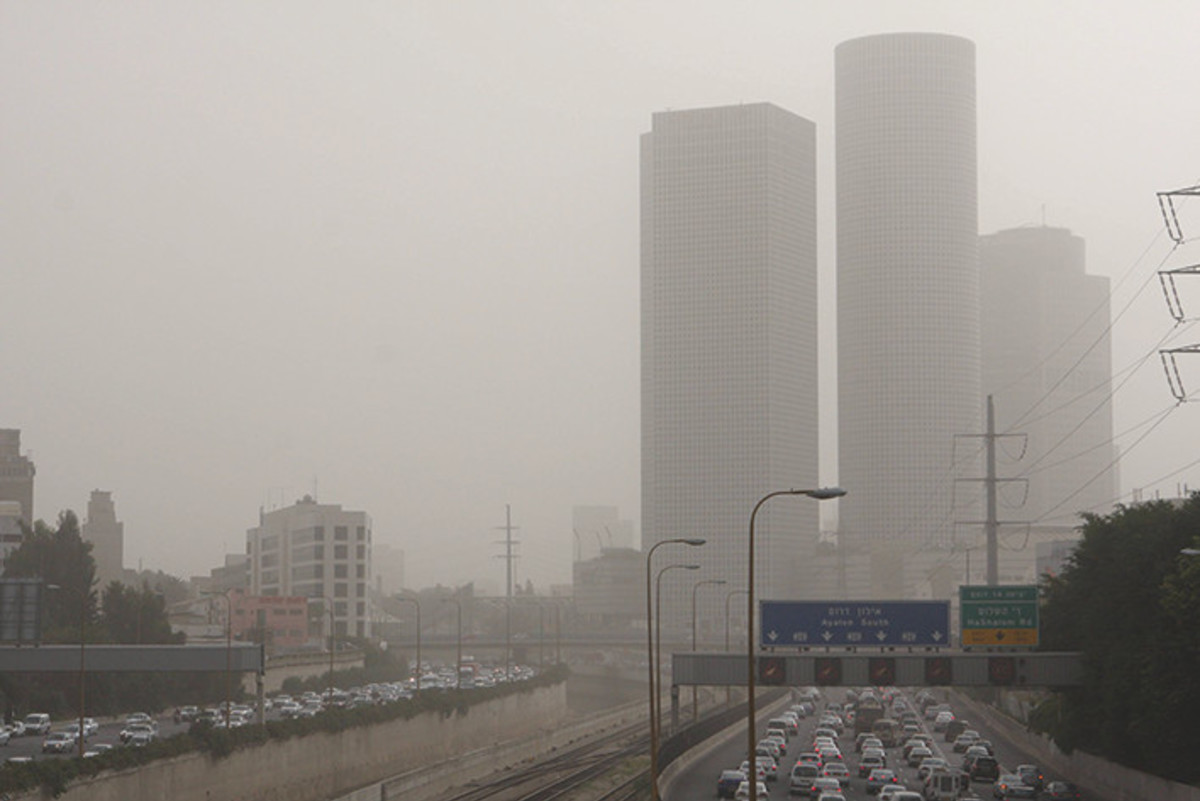Urban engineers face a challenge when planning new neighborhoods, roads, and public buildings due to limited prior information about resources, infrastructure, and energy options in the area. This lack of information leads to longer work times on projects and frequent rejections by municipalities. As a result, construction and development times are extended, and operation and maintenance costs increase over time.
To address this issue, a project has been developed that uses AI and self-learning capabilities to create a real-time energy map of cities. The software will help urban engineers make more informed decisions when planning projects, ultimately reducing costs and carbon footprints. The director of sustainability projects at the Weitz Center for Sustainable Development highlights the importance of collecting real-time data from the field to avoid an “energy blind spot” during the planning process.
The software aims to provide a continuous and automatically updated solution for municipalities to improve project efficiency and sustainability. The project will debut at the MUNI-EXPO 2024 conference, a local government event showcasing innovative products and solutions that will transform urban spaces in Israel and worldwide. The Weitz Center will also announce a call for local authorities to participate in building the energy mapping software for their cities, with the winning municipality receiving the software free of charge. This initiative aims to encourage other cities to adopt similar technologies for more efficient and sustainable urban development.
The lack of information about resources, infrastructure, and energy options can be daunting for urban engineers when planning new neighborhoods or public buildings. However, this problem can be addressed through technology that provides real-time data from the field. The use of AI and self-learning capabilities can help urban engineers make more informed decisions when planning projects that reduce costs while minimizing their carbon footprint.
At the MUNI-EXPO 2024 conference, attendees will have access to innovative products and solutions that aim to transform urban spaces worldwide. The Weitz Center’s energy mapping software is one such solution that utilizes AI technology to create an accurate map of city resources in real-time.
By utilizing this technology, urban engineers can plan projects with greater efficiency while ensuring they are sustainable as well as cost-effective. Additionally, by participating in building this software with their cities’ data inputs freely given by winning municipality will encourage others cities around world adopt similar technologies for more efficient & sustainable urban development.
In conclusion



